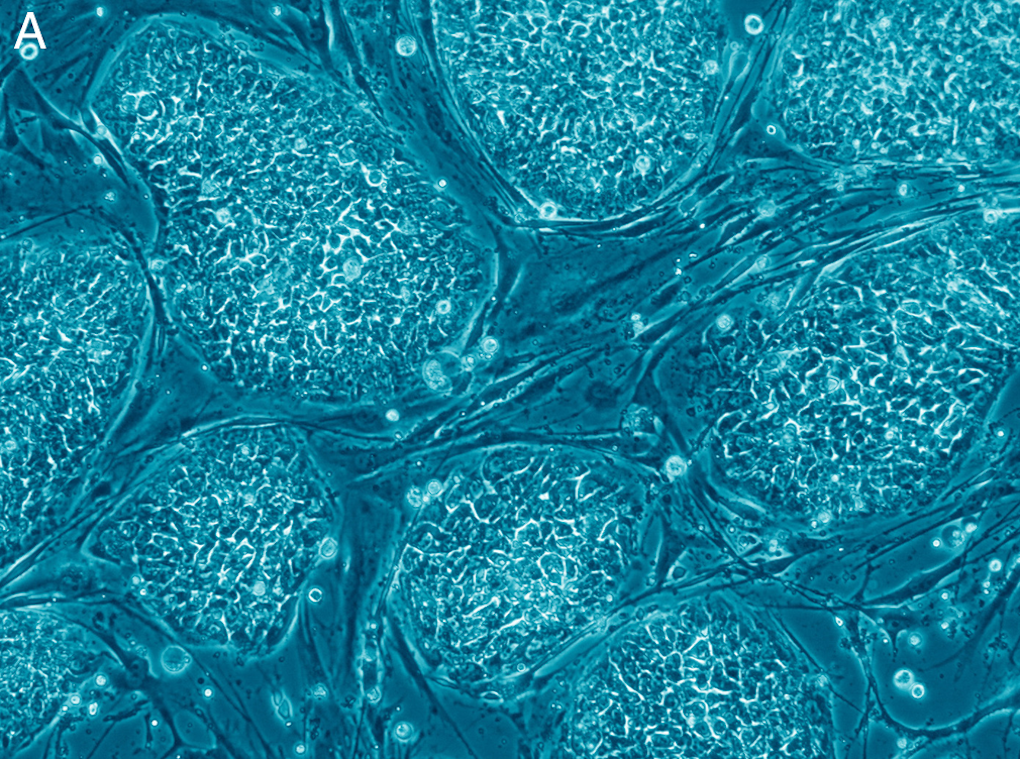Stem Cells Fast
Up until now, any patient receiving stem cells for a medical treatment has had to wait months for their doctors to create enough cells to make multiple doses. But that could soon change: the FDA recently approved an automated bioreactor, developed by scientists at the Mayo Clinic's Center for Regenerative Medicine, that can manufacture stem cells by the billions in a matter of days.
Stem cells have the unique capability to transform into any sort of specialized cell needed in the body, making them especially promising for medicine that replaces nonfunctional or dead cells. The Mayo Clinic's new platform allows for the multiplication of stem cells harvested from bone marrow. Significantly, it can manufacture stem cells from a healthy donor as well as from a patient themselves, which could allow treatments even in cases when the patient's own cells are not usable.
“The new platform represents a giant leap in regenerative medicine, in which stem cells currently are being investigated as treatments for wide-ranging medical conditions,” Guojun Bu, neurologist and associate director of the Mayo Clinic's Center for Regenerative Medicine, said in a press release.
Therapy of the Future
The new platform is among the U.S.'s first approved automated methods to manufacture stem cells, which may allow the Mayo Clinic to accelerate its existing studies using stem cells. A recent Mayo clinical study found stem cells could be reduce inflammation in patients who have received lung transplants. Another has explored the possibility of using stem cells to treat arthritis.
But in order to bring these treatments out of trials, they need to be tested rigorously; and for that, doctors need lots and lots of stem cells.
"Although Mayo Clinic has been poised to scale up regenerative clinical trials, to date we did not have the capacity to support them," said Abba Zubair, Mayo Clinic's medical director for transfusion medicine and the Human Cell Therapy Laboratory, in the press release. "With this new technology, we now can develop phase II trials enrolling larger numbers of patients to fully test the efficacy of cell-based therapies.”
Mayo Clinic doctors plan to use the stem cell platform to advance therapies in areas like Alzheimer’s, Parkinson’s, and even heart disease.
Indeed, stem cells have shown promise in a remarkable range of medical treatments. Scientists have used them to grow working muscle tissue, restore mobility to paralyzed animals, and even treat a leading cause of blindness. Additionally, as doctors have learned how to extract these shape-shifting cells from new sources, like tooth root pulp, it has averted much of the controversy that comes from extracting them from human embryos.
Add in such new methods for rapidly producing cells, and all of this points towards a promising future for medicine in which a patient's own cells can be used to safely and effectively heal them from within.
Share This Article
